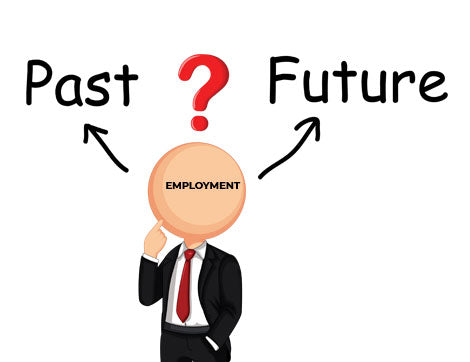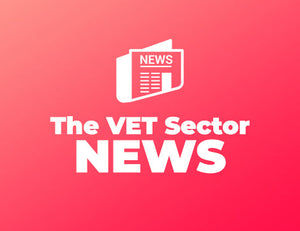
The evolution of the employee - past vs. future requirements
SUKH SANDHUThe evolution of the employee - past vs. future requirements
The skills and knowledge gap
The 21st-century workplace has seen a dramatic shift in the skills and knowledge required of employees. Whereas in the past, workers might have been able to get by with a limited skill set, today's businesses require their employees to be highly skilled and knowledgeable in order to stay competitive. This trend is only likely to continue in the future, as businesses increasingly rely on technology and globalisation to expand the marketplace.

As such, it is essential for employees to continually update their skills and knowledge in order to remain employable. However, this can be a challenge, especially for those who are already in the workforce and do not have the time or opportunity to return to school. Fortunately, there are a number of ways that workers can stay abreast of the latest developments in their field, such as attending workshops and seminars, reading industry publications, and networking with other professionals.
By remaining up-to-date on the latest trends and developments in their field, employees can position themselves as valuable assets to their organisation. In turn, this can lead to increased job security, career advancement opportunities, and higher wages. Therefore, it is clear that employees need to continuously update their skills and knowledge in order to stay ahead of the curve in today's ever-changing workplace.
No more 9 to 5 shifts
The world of work is constantly evolving. As our society progresses, so too do the expectations and requirements of employees.
In the past, workers were expected to work only during standard 9-to-5 shifts. However, now people are able to work at any time as long as they meet the set number of hours and expectations. This shift has been made possible by advances in technology, which have allowed us to be more connected and productive than ever before.
This evolution in the workplace has had a major impact on the way we live and work. It has made it possible for people to have more control over their own schedules and to balance their work and personal lives in a way that suits them best. Additionally, it has opened up new opportunities for those who may not have had the opportunity to work traditional hours.
While this evolution has had many positive effects, it is important to remember that it has also brought with it some challenges. For example, it can be difficult to maintain a healthy work-life balance when you are working outside of traditional hours. Additionally, there is always the potential for technology to fail us when we need it most.
Despite these challenges, the evolution of the workplace is an overall positive development that has made our lives better in many ways. As we continue to adapt and evolve, we will find new and innovative ways to make the most of this changing landscape.
Location is no longer a limiting factor
Earlier workers used to work in a corporate office now, they can work from anywhere. The technological advancements and demands of the digital age have created a need for employees who are comfortable with change and willing to work in new environments. This has led to a change in the way we think about work, and has required employers to adapt their expectations accordingly. With more and more employees working remotely, employers are now looking for workers who are self-motivated, independent, and able to get the job done without constant supervision.
In order to stay ahead of the curve, it's important to understand how the requirements for employees have changed over time - and how they are likely to change in the future.
Looking to the future, it is likely that the requirements for employees will continue to change and evolve. As technology advances, new skills and qualities will become increasingly important. For example, workers who are comfortable with using new technologies and who are able to adapt to change will be in high demand. Additionally, as more companies move towards global operations, employees who are able to speak multiple languages and who have an understanding of different cultures will be increasingly valuable.
The bottom line is that the world of work is constantly changing - and employees need to change with it. Those who are able to adapt and evolve will be the most successful in the long run.
RECENT POSTS





